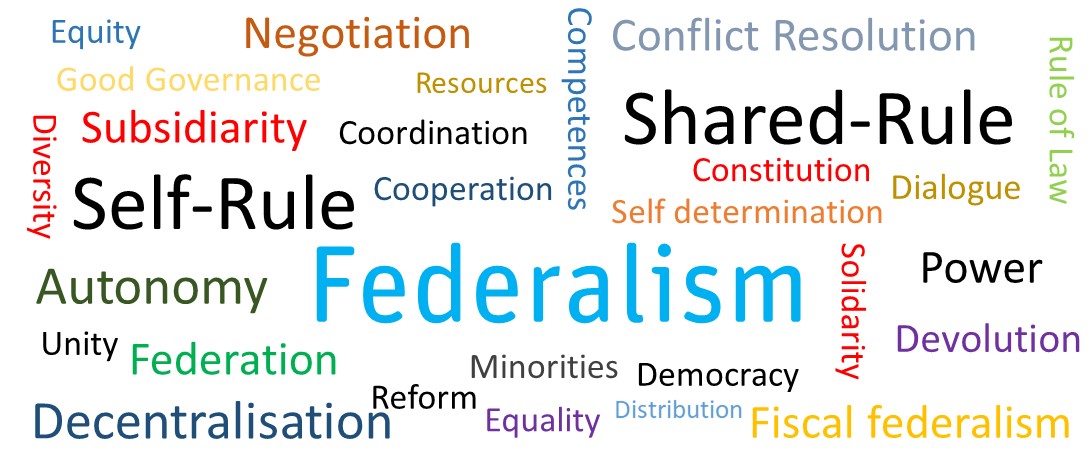Abstract
Federalism settles decision-making power to state levels close to its citizens. This decentralization of power should enable political output to be as responsive and corresponding as possible to the diverse demands and needs of the society – resulting in politically happy citizens. As such, federalism and decentralization may represent a polity of better governance. However, federalism can also have negative effects, such as, high costs of consent, more corruption or even less accountability since citizens do not have not enough resources to monitor all governmental levels. Both, the pro- nor the contra-argumentation in federal theory provide good reasons to be decisive. Yet, empirics show mainly a positive relationship between federalism/decentralization and happiness.



